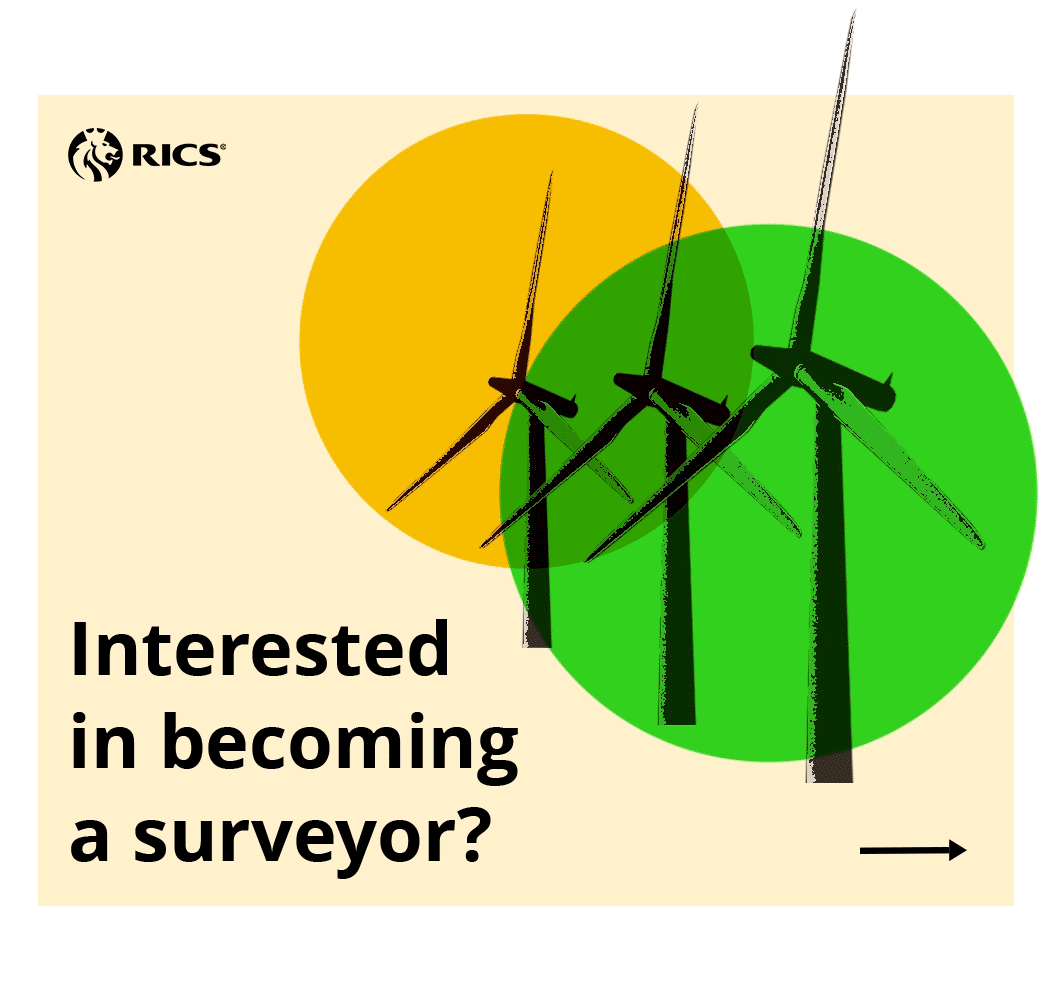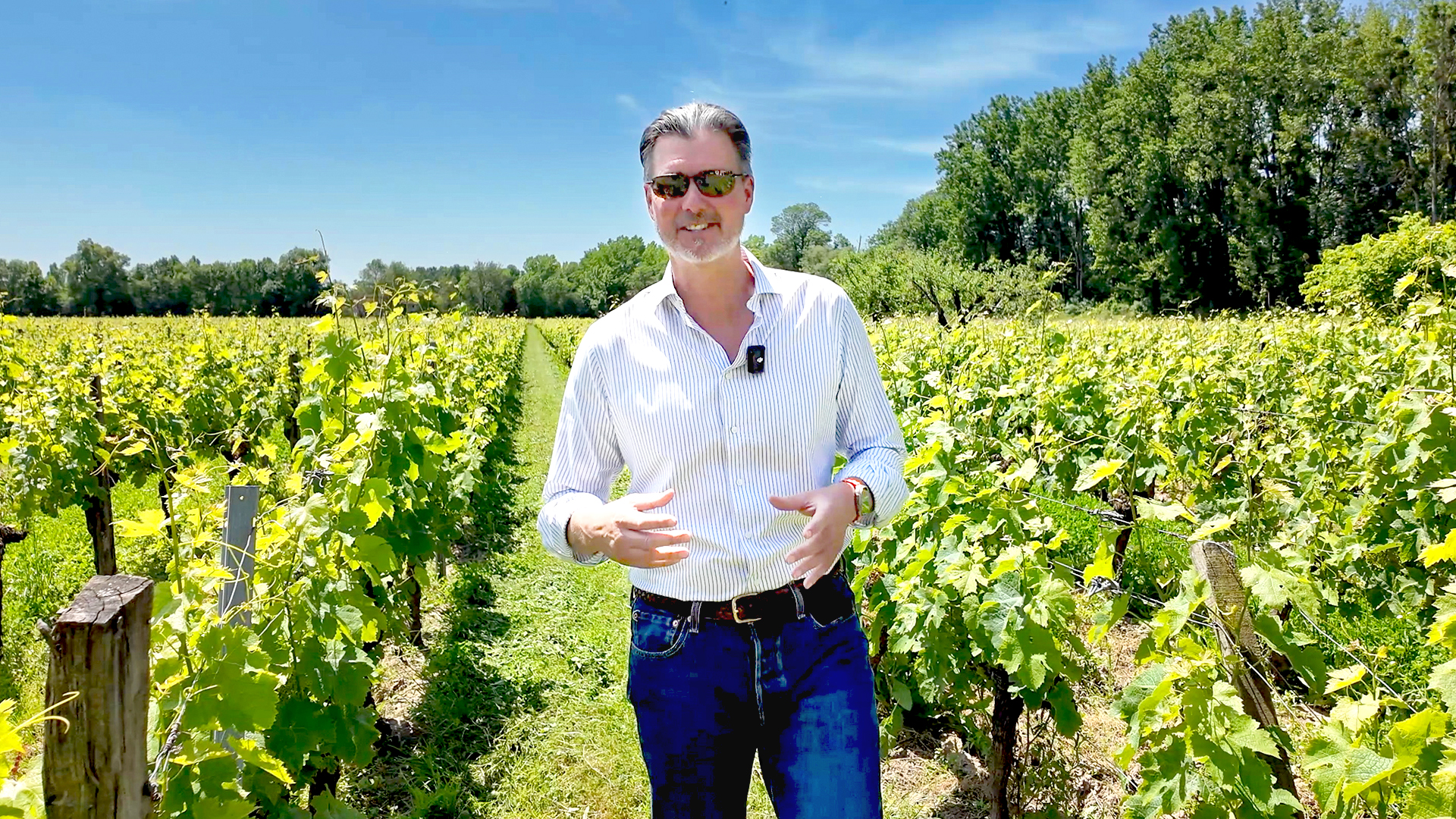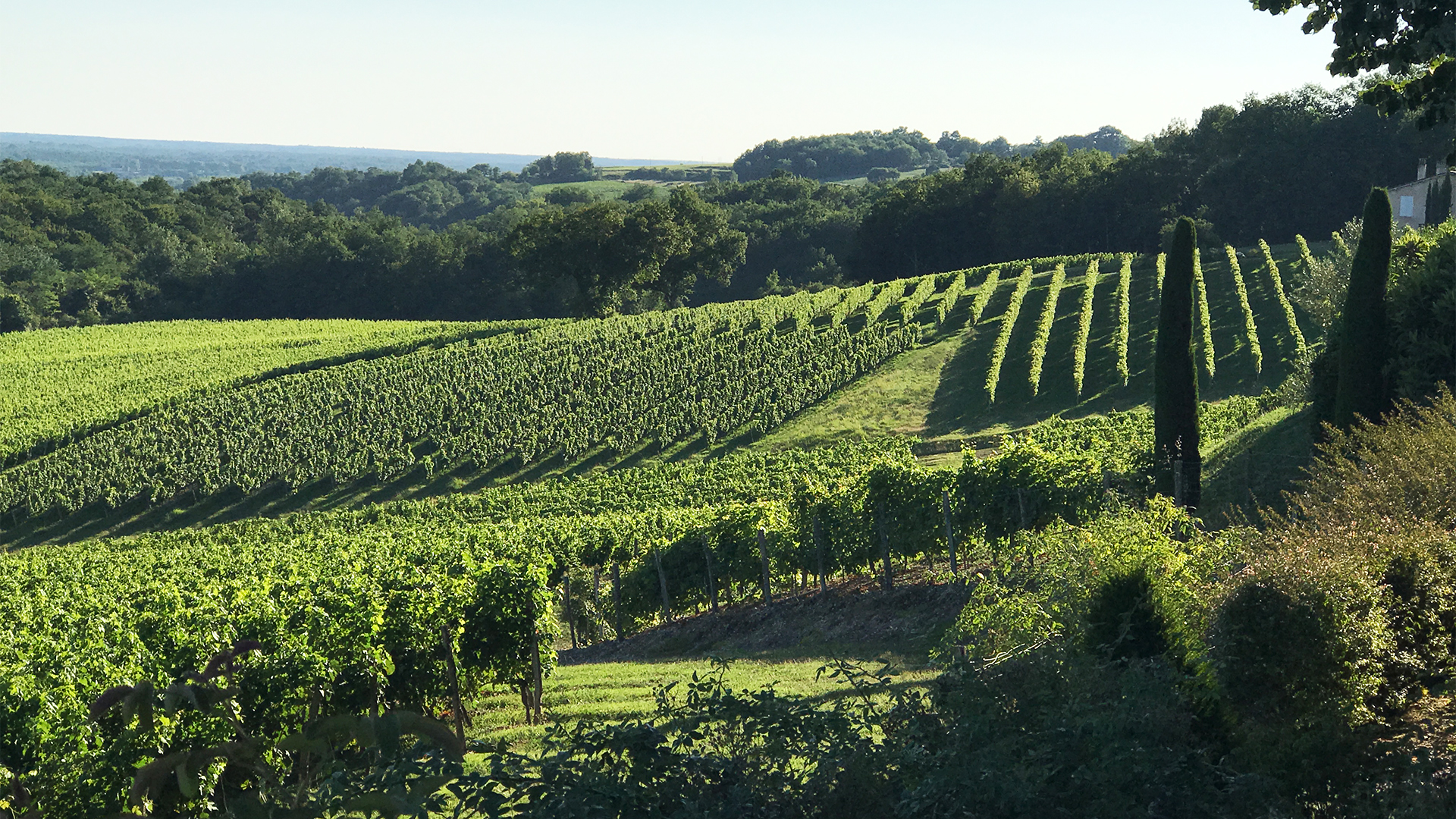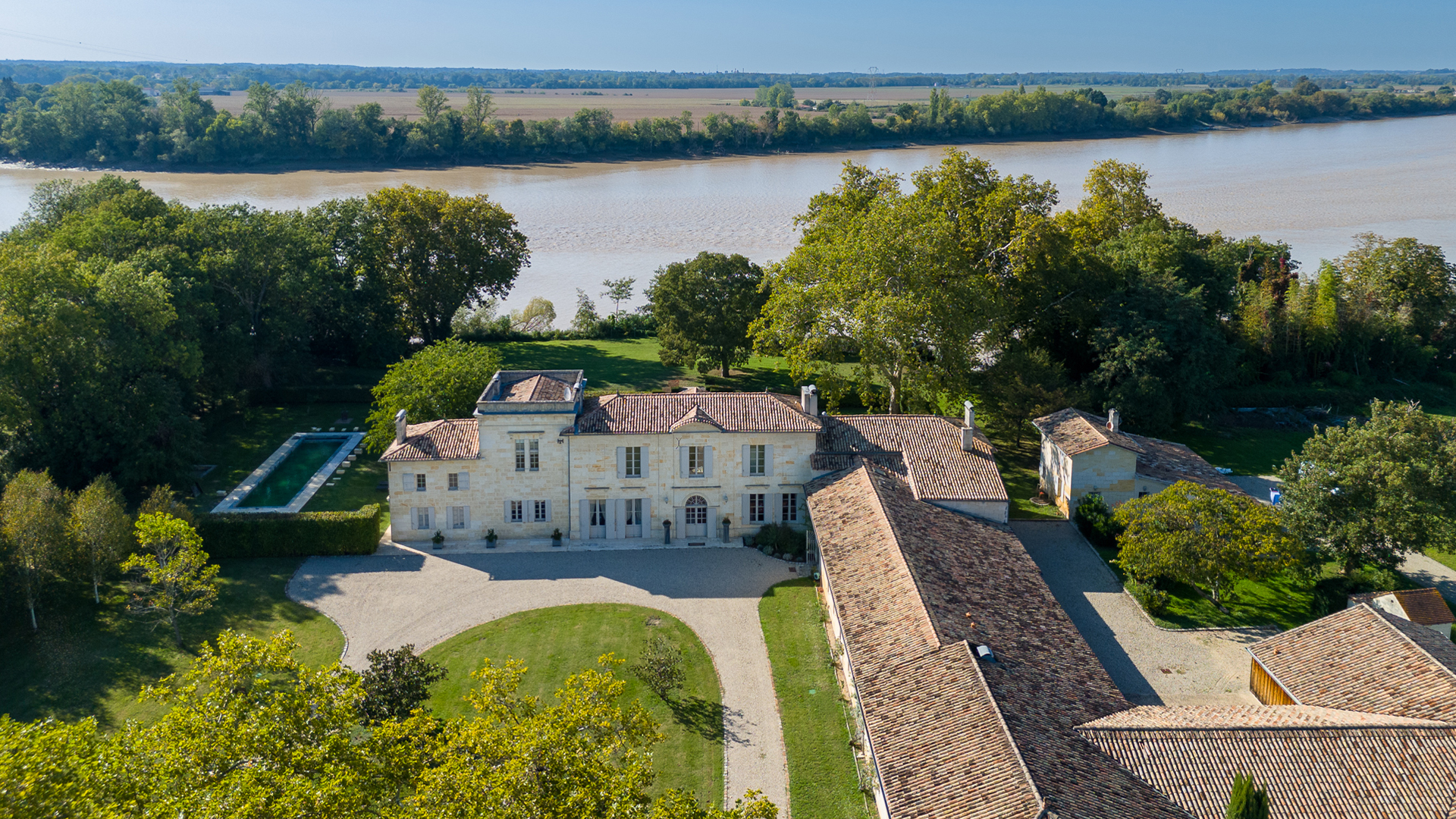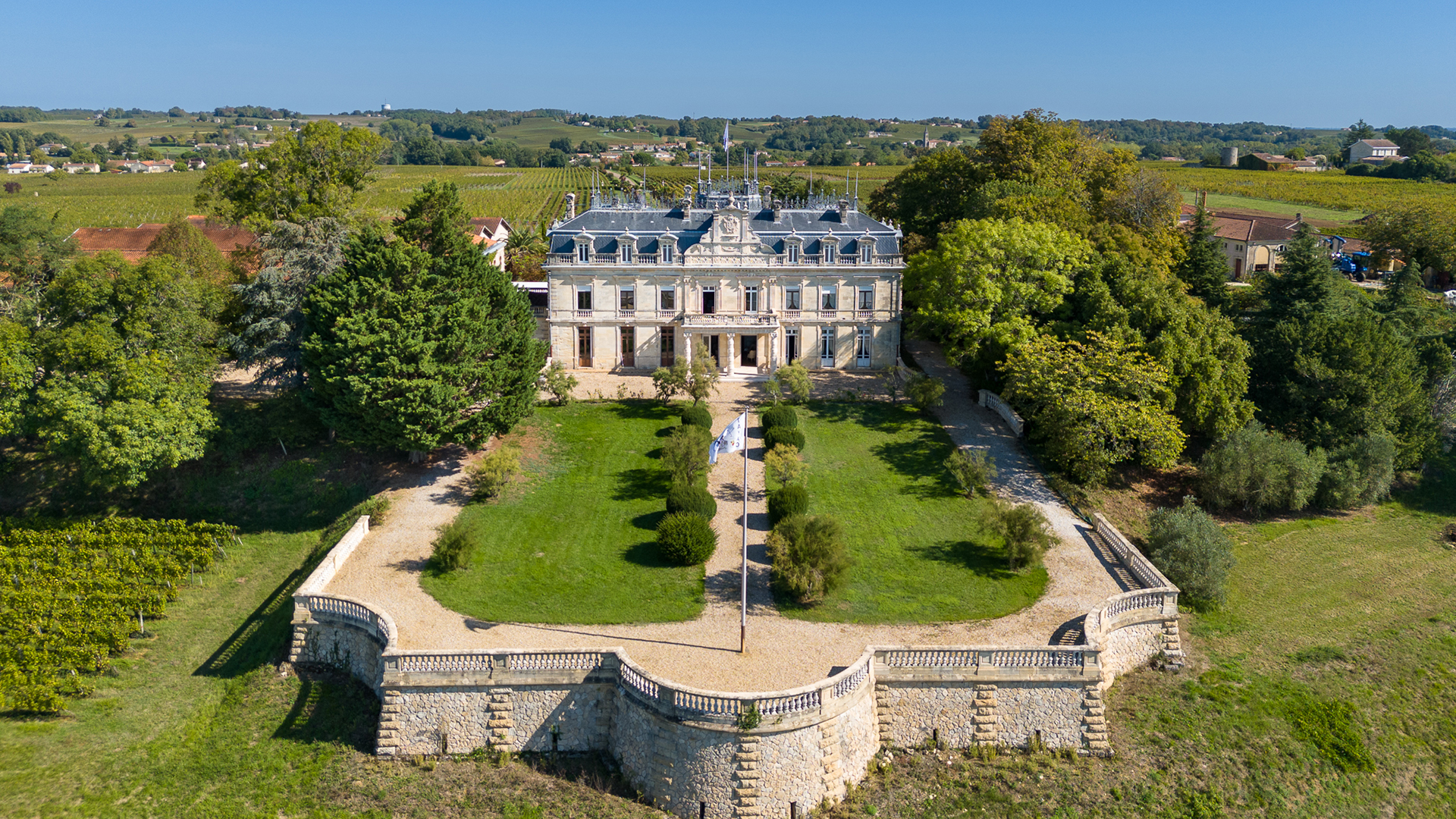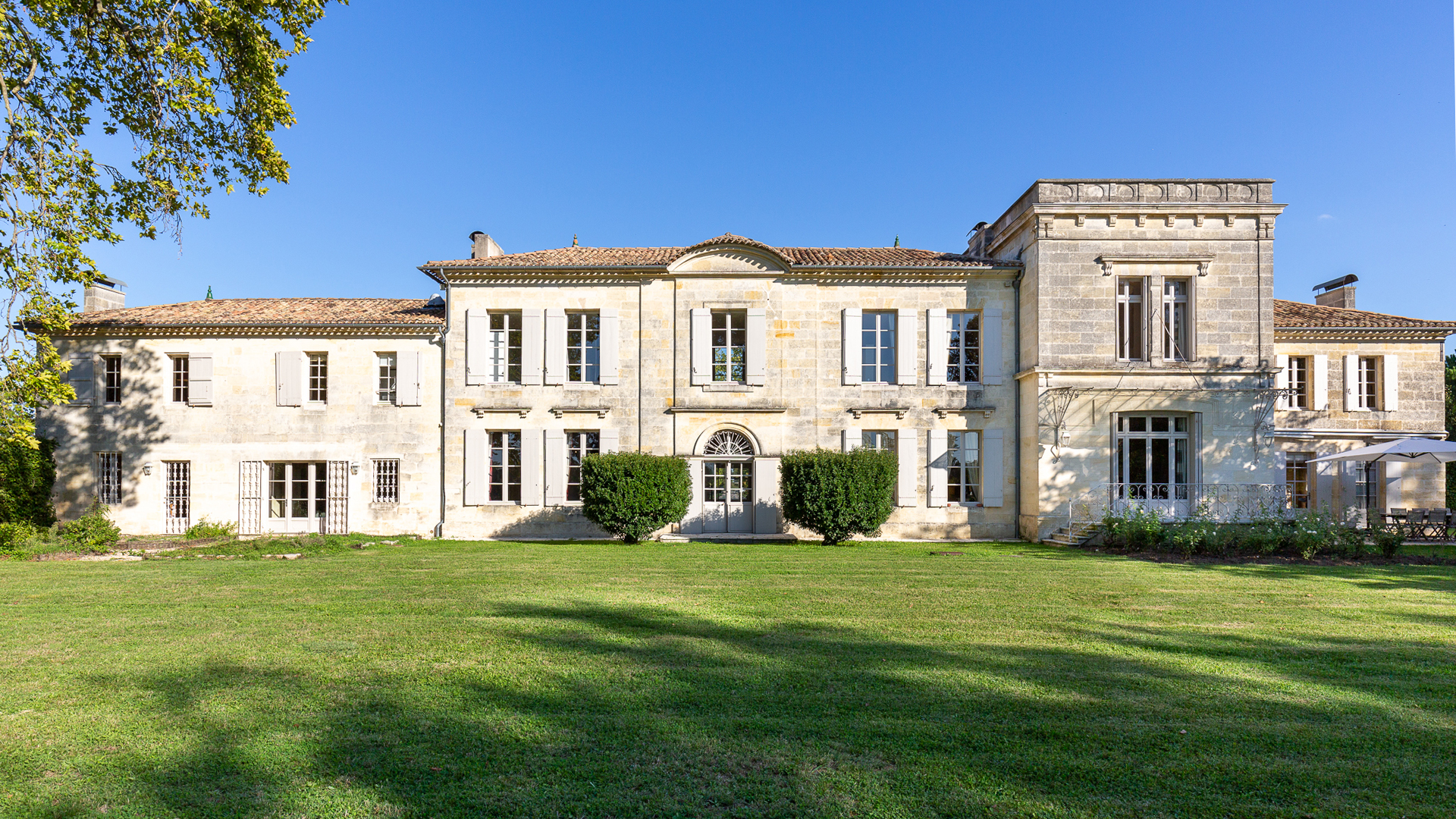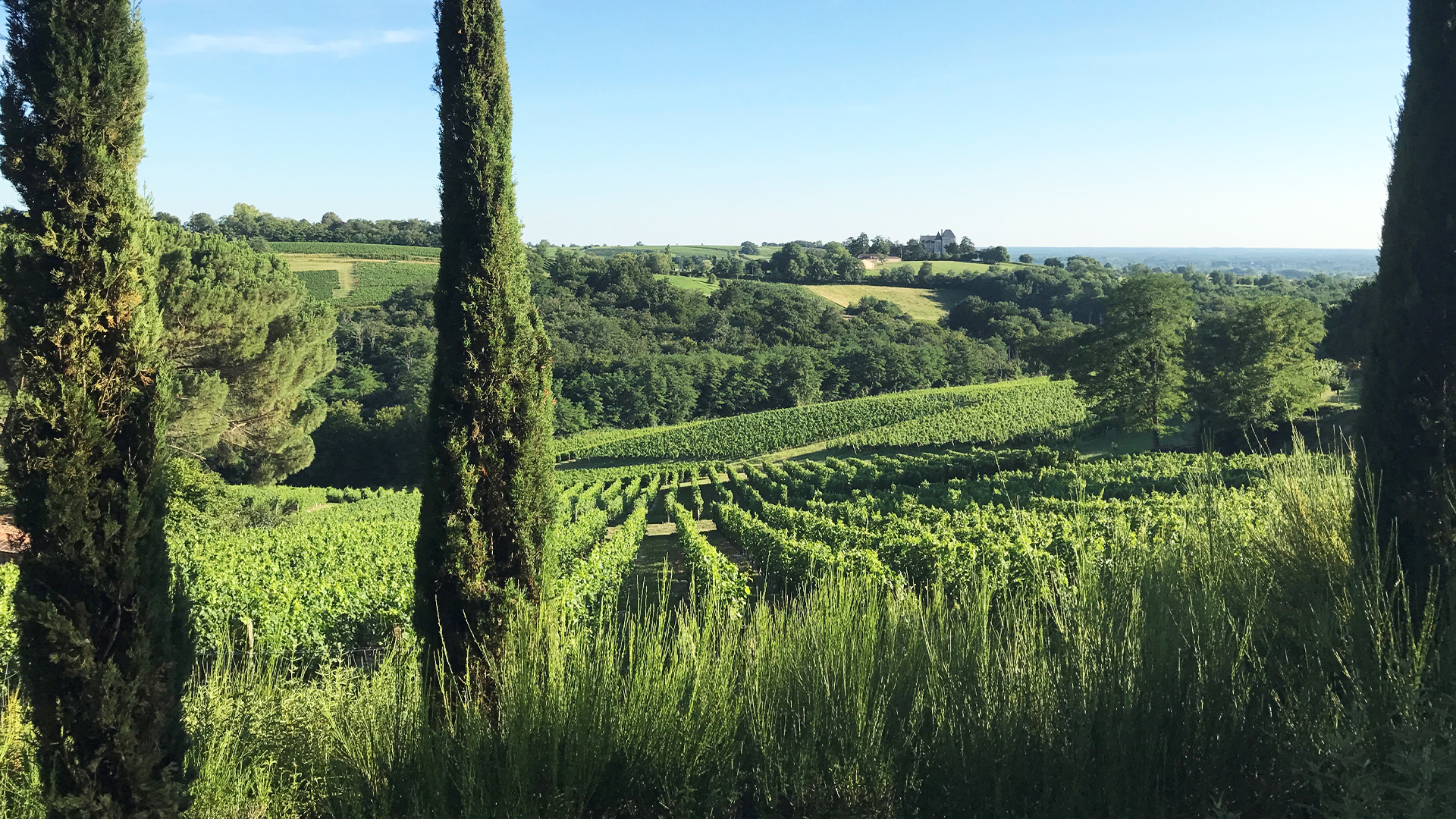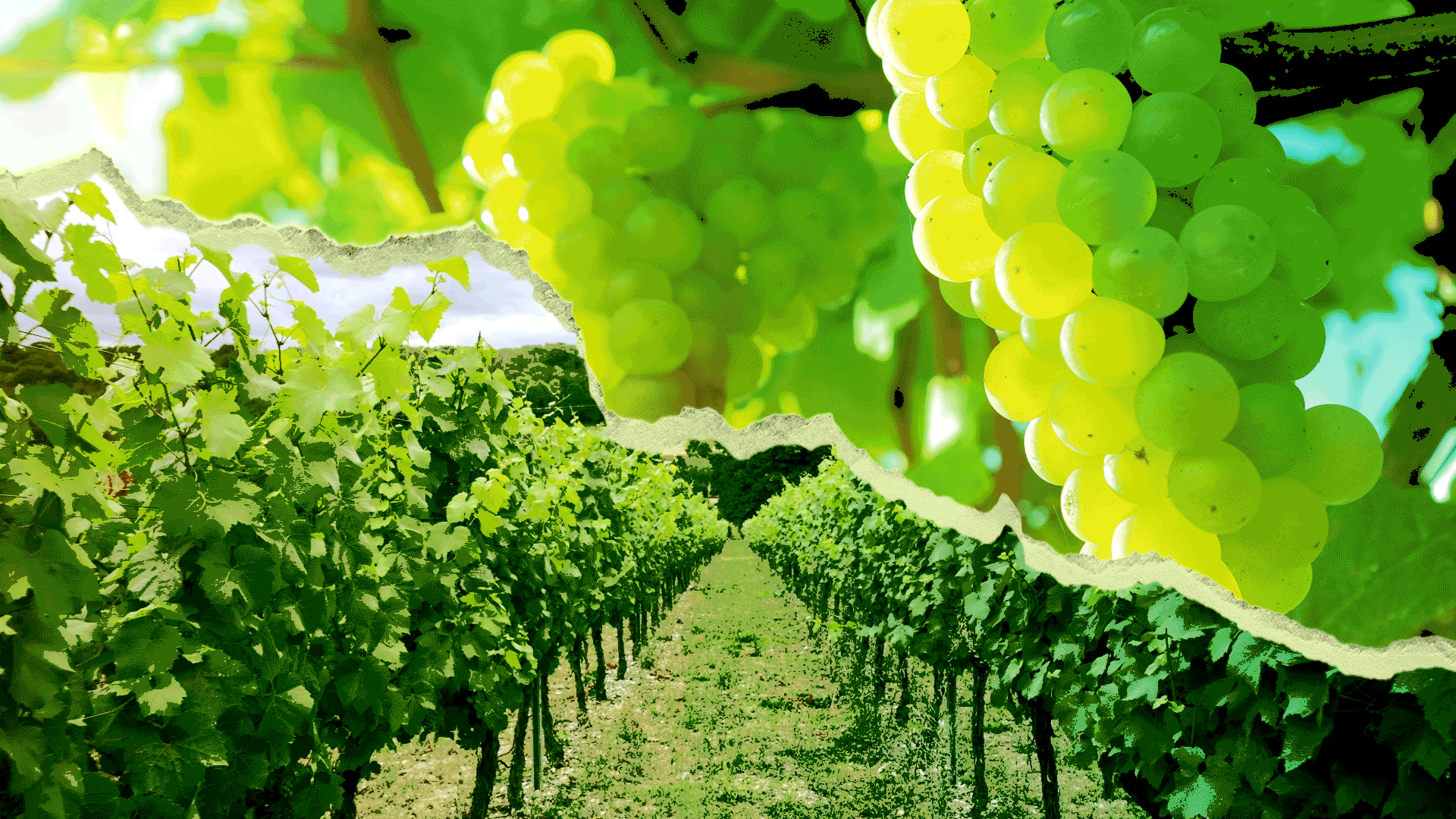
Vineyards at Moulin Auguste. Photo credit: Vineyards-Bordeaux
“Wine is something that brings people together. It’s enjoyable for a special occasion, a nice meal or a date,” says Michael Baynes MRICS. “And if we then think about wine sales, one of the names that just about anybody will immediately recognise is Bordeaux.”
Which explains why Baynes is the co-owner of Vineyards-Bordeaux, a vineyard transaction specialist based in that famed French wine region. He launched the company in 2008 with business partner Karin Maxwell, offering advice and brokering services to those wishing to have a vineyard and château to call their own.
It was a big move back across the pond from a successful career in Californian real estate, but his ambition was to bring an “American level of customer service” to this corner of the French property market. Despite being a born and raised Englishman who studied real estate at the University of Reading, followed by an MSc in economics at Cambridge.
“I saw that if there were international buyers coming to Bordeaux, they would have certain customer service expectations, as I did when I came from LA looking for a place here. I was looking for a way to fill that gap.”
Sixteen years after setting up that business, Vineyards-Bordeaux and its sister real estate company Maxwell-Baynes now have 50 employees and is an affiliate of Christie’s International Real Estate. Which means it is Christie’s expert representative in the region, something Baynes says they felt “humbled and privileged” to be invited to do. And in 2018, they were voted Affiliate of the Year in an awards ceremony at the Palace of Versailles.
Today they sell more vineyards in Bordeaux than anyone else. “There are between 25 and 30 vineyards sold each year and we do about a third of that,” says Baynes.
“The idea with the lifestyle vineyard is that it isn’t about a commercial activity – the owner doesn’t need to sell wine to put bread on their family's table” Michael Baynes MRICS, Vineyards-Bordeaux
Lifestyle vineyards
Vineyards-Bordeaux primarily sells commercial vineyards in the Bordeaux region (“from time to time we do something in Provence or Burgundy”) that have a turnkey château attached, ready for an international buyer to arrive with their toothbrush and move straight in. The vineyards can be leased back to a winemaker or, if the buyer is up for the challenge and has a good nose for wine, it can become their new business.
Most of Baynes’ clients are international and he says his early conversations with them are around how much risk they are willing to take on when getting involved in a vineyard. “I had one client who said: ‘I want to buy 100ha, I want my own wine and a beautiful château with towers.’ After we’d spoken, he ended up buying a beautiful château with towers, but it was a 20ha estate and it was fully outsourced to the seller, who retained a lease over the land. All the risk of the operation was retained by the seller. Having started the conversation with a vision when he wanted a 100ha estate, we shaped it into exactly what worked for him.”
Not only is running a vineyard and producing wine a full-time job, it’s not currently a particularly profitable one for many of France’s winemakers. A tonneau (around 900 litres in Bordeaux) of standard red wine is worth around €700 wholesale through wine merchants’ spot market but making it, with all the associated costs, comes closer to €900, says Baynes. Which is unsustainable and why many French banks have stated they can no longer support loss-making vineyards.
“When I arrived here, there were about 7,000 vineyards in the Bordeaux region and today there’s closer to 5,000, so there’s been a significant thinning of the herd,” he says. “Sometimes businesses fail and other times people intentionally tear up the vines and start something new. There is currently an EU grant that pays a farmer around €4,000 per hectare to tear out the vines and do something different with it.”
He also describes how the mid-1990s growth of ‘new world’ (outside Europe and the Middle East) wine sales had a big impact on established ‘old world’ regions such as Bordeaux. In the year 2000, the average price per hectare of Bordeaux Supérieur vineyards (not including Saint-Émilion or the more prestigious appellations) was €55,000. Today, that average is about €10,000.
“Chinese interest from the early 2010s onwards (which included importing a lot of French wine into China) brought the average price back up to around €25,000 per hectare. But then in 2017, the Chinese government tightened and more rigorously enforced its rules which stated citizens were not allowed to transfer more than $50,000 out of the country each year. The profound Chinese interest in the market that occurred between 2011 and 2018 – 176 châteaux were sold to Chinese buyers in the Bordeaux region during that time – stopped overnight.”
And to make things worse, during his first term as president of the US, “Donald Trump put a tax on French wine in 2019, which was very destructive to the Bordeaux industry because a lot of the wines go to America.”
All of which is why the smaller ‘lifestyle vineyard’ makes good sense to many buyers and an important part of what Vineyards-Bordeaux specialises in. “Without wanting to pat ourselves on the back, we effectively created this asset class. The idea with the lifestyle vineyard is that it isn’t about a commercial activity, although inevitably it has one. It isn’t going to be what makes or breaks the owner. The owner has independent financial means and probably other businesses. They don’t need to sell wine to put bread on their family's table.”
“Wine is something that brings people together” Michael Baynes MRICS, Vineyards-Bordeaux
Dipping a toe in
In 2015, Baynes bought his own château in the Entre-Deux-Mers region and had aspirations to get into the wine business. In the end, the château owner decided to keep the vines and just sell the property, but nearly 10 years later and just a few weeks before this interview took place she has offered to sell him 11ha of her vineyards.
“It's 80% white wine grapes, which is still quite popular – that price per tonneau that we were talking about earlier is double for white wine compared to red. I doubt it’s going to be a big moneymaker, it’s just for the fun of it. I’ll most likely structure it as a leaseback situation and get paid in wine, but I won’t be in the vat house making it.
Despite the challenges of running a vineyard, Baynes believes those who are patient (or financially sturdy) enough to keep making wine might see an upturn in their fortunes in the coming years.
“This is purely my own speculation, but I think we are going to see the effect of self-driving cars in the next 10 years,” says Baynes. “They already exist, but we will be able to go out for an evening and not be concerned about driving home, as we are today. We're going to say ‘car, take me home’ and those of us who drink one glass of wine today with dinner can then have two glasses of wine. That is going to increase the consumption considerably among the wine-drinking population.
“We are at the bottom of the vineyard market cycle right now, it is an excellent time to be a buyer. My feeling is that we've got something positive coming down the track towards us.”

